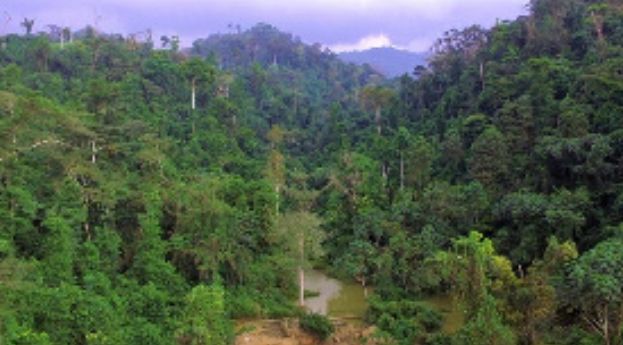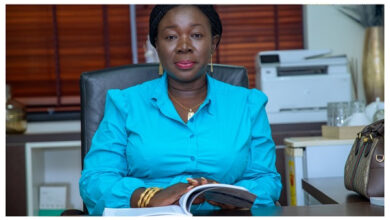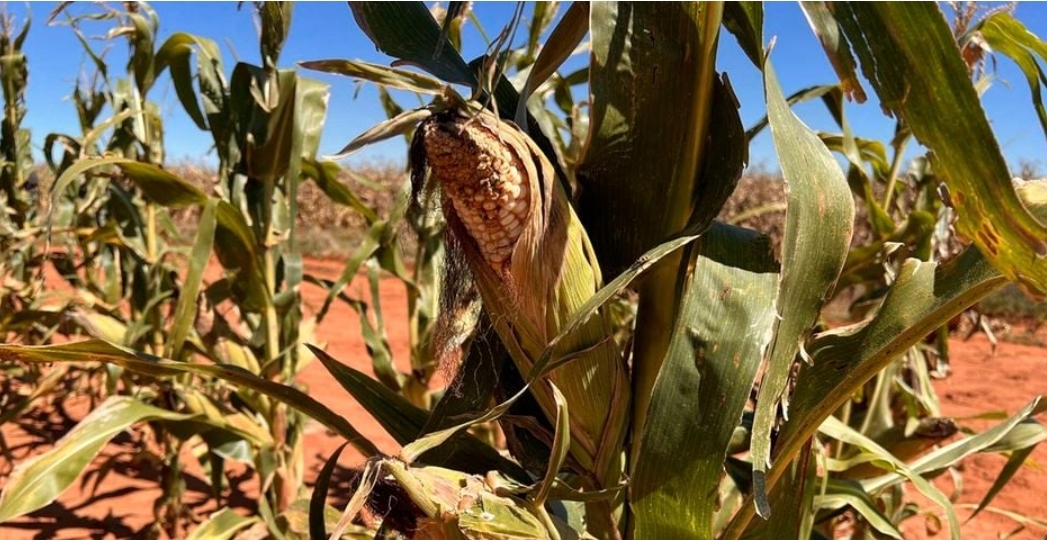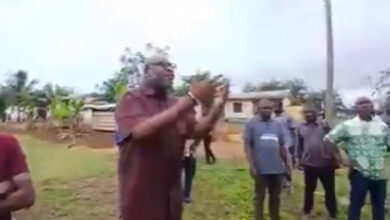Atewa Forest case: Court grants plaintiffs’ request to file additional witness statement

On April 10, 2021, the court ordered the parties to file their witness statements and all other processes before today’s sitting.
Even though the parties have filed their processes, the plaintiffs argued that one of Seth Appiah Kubi’s witness statements was omitted during filing.
A group of environmentalists, climate change activists, individuals, civil society, and non-governmental organizations have dragged the government to court for prospecting bauxite in the Atewa Range Forest.
The plaintiffs argue that the government is undertaking mining activities in the Forest without mineral rights.
Therefore, they are urging the court to compel the government to restore or pay the cost of damages that had been caused as a result of recognizance, prospecting, and clearing of roads in the Forest.
In court on Tuesday, March 8, 2022, counsel Marcellinus Biah, holding a brief for Martin Kpebu, told the court that they had seized the opportunity given to them by the court to file additional witness statements.
However, “We want to profusely apologize to this court that we omitted to file one other witness statement.
“We humbly pray for the last opportunity to file this witness statement (Seth Appiah Kubi) which we have taken time to carefully scrutinize to be filed.”
He told the court, “I have it here (in court) to file it if the court grants us the opportunity to file same.”
The Attorney-General represented by Aisha Adams, an Assistant State Attorney holding brief for Dorothy Afriyie Ansah, a Chief State Attorney, said they do not oppose the request.
She also told the court that the AG’s office had complied with the court’s orders to file their witness statements.
Warning
The court said it has the right to reduce the witnesses if they are going to be repetitive.
“I hope they are going to give evidence in different dimensions, and I have been reading some of the witness statements and were repetitive,” the court indicated.
By Court
After listening to the parties, Justice Nyandu said, “leave is granted counsel for plaintiffs to file additional witness statement for one Seth Appiah Kubi, which they have informed the court it’s ready for filing.”
EIB Network’s Court Correspondent Murtala Inusah reports that the plaintiffs are to file the said witness statement not later than March 10, 2022.
The case has been adjourned to March 31, 2022, for Case Management Conference.
Parties
The plaintiffs in the matter include the Concerned Citizens of Atewa Landscape, A Rocha Ghana, Flower Ghana, Ghana Youth Environment Movement, Ecocare Ghana, Kasa Initiative Ghana, Awula Serwah, Oteng Adjei, Boakye Twumasi-Ankrah, and Nana Asante.
The plaintiffs joined the Attorney General as a defendant.
Background
In the writ filed by their counsel, Martin Kpebu, the plaintiffs contended that the government had already signed a Memorandum of Understanding with the People’s Republic of China to develop a bauxite industry in Ghana with the Atewa Range Forest as one of the sources of bauxite.
According to them, the government; acting through the Ghana Integrated Aluminum Development Cooperation (GIADEC), entered the Forest in May 2019 to explore for bauxite by drilling deep holes causing damage to the Forest which protects the watershed for three major rivers and several streams serving water to more than 5 million Ghanaians.
The plaintiffs said they initiated the present action after several unsuccessful attempts to engage the government on why it should not touch the Forest as it was classified as Globally Significant Biodiversity Area and a protected forest.
According to the plaintiffs, they are not against the government’s quest to mobilize resources through various endeavours, including exploiting the country’s natural resources for development.
But, they contended that the country does not need to exploit the Atewa Range Forest bauxite reserves because there are far richer bauxite reserves, according to information available to the government, which was made public.
The plaintiffs argue that strip mining, the only way to mine bauxite, could result in loss of forest cover, loss of biodiversity, loss of access to clean water, build-up of Green House Gases, loss of climate amelioration services, loss of emission reduction services, loss of medicinal/economic valuable plants and change in the tourism potential of the area.





